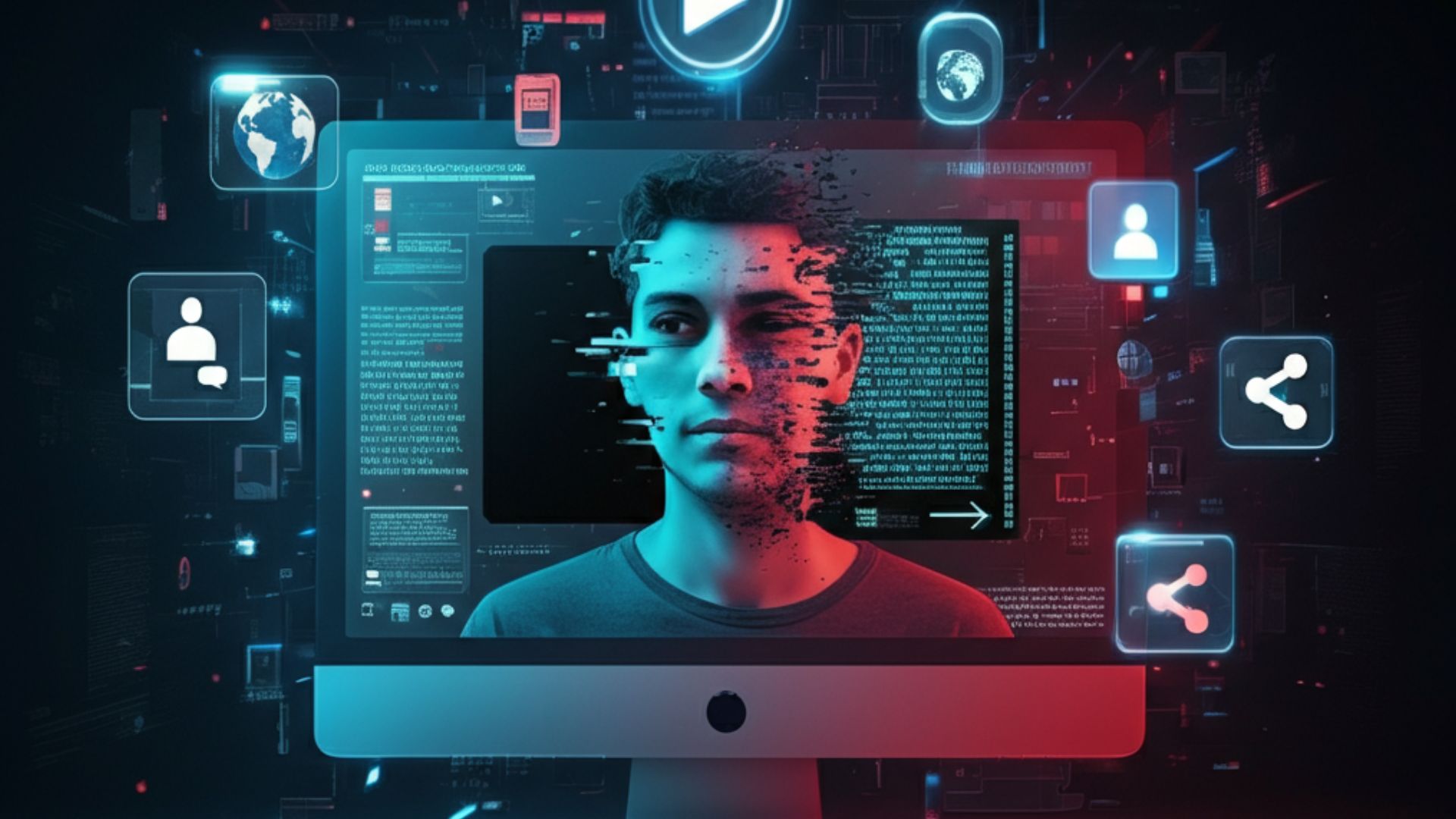New Insurance Policy Offers Coverage for Social Media “Cancellation”
The concept of cancel culture has burrowed into modern life, leaving many worrying about how quickly an online misstep—or even a baseless rumor—can upend careers, relationships, and financial security. Now, a London-based insurance firm, Samphire Risk, is stepping in with a unique solution aimed at helping individuals manage and recover from the fallout of being “canceled.” This new policy, aptly named “Preempt,” provides resources and support for navigating a reputational storm rather than traditional financial reimbursement.
What Is “Cancellation Insurance”?
Cancellation insurance is nothing like typical insurance for cars, homes, or even high-profile risks like kidnapping. Instead of paying out a lump sum or repairing physical damages, the policy delivers expert assistance in managing a reputational crisis. This innovative coverage includes research, analysis, ongoing monitoring, and training sessions to help individuals proactively protect their personal and professional reputation.
Perhaps most crucially, the policy offers an immediate lifeline in the event of a cancellation crisis. Policyholders gain 60 days of professional communications support to help them respond to negative media narratives—a critical window when stories spread quickly online.
Samphire Risk’s CEO, Charlie Hanbury, described the motivation for creating Preempt in an interview with the BBC. “The primary goal of this insurance is to minimize the time between that gut-wrenching moment a policyholder realizes their reputation is under fire and figuring out how to respond effectively,” he explained. The policy essentially connects policyholders to experts who can help mitigate the reputational damage, covering expenses for these services.
Who Is This Policy For?
Social media cancel culture insurance isn’t an excuse to act recklessly or maliciously, nor does it cover those who engage in unlawful activities. Instead, Preempt is specifically designed for individuals caught in the whirlwind of misinformation, speculation, or out-of-context media coverage.
The need for such a service is growing in a world where deepfake videos and AI-generated content make it easier than ever for false rumors to spread. These tools can turn an innocent comment or fabricated statement into a trending story within hours. Even well-established figures—executives, content creators, and celebrities—often find themselves without a roadmap when such crises strike.
Unlike businesses that typically have a public relations team on standby, individuals usually face cancellation with far fewer resources. The policy is a safety net for public-facing professionals but could also prove valuable to everyday individuals who inadvertently find themselves at the center of a viral controversy.
A Shift from Traditional Insurance Products
While this policy may raise a few eyebrows, it is not as far-fetched as it sounds. Insurance has long existed for reputational damage affecting companies. For example, if a business suffers financial losses due to a negative publicity event, it may have coverage for those losses. However, companies are often reluctant to stand behind their executives or spokespeople if doing so threatens their bottom line. Preempt bridges this gap by focusing on individuals rather than organizations.
What makes this policy particularly relevant today is how quickly reputational harm can snowball. A single negative post or video can gain millions of views in hours, sometimes before the subject of the controversy even knows they are trending. And while financial losses may eventually be calculable, the emotional and professional toll of cancellation often lasts much longer.
Mark Borkowski, a public relations expert and risk partner for Samphire Risk, noted that Preempt was created with the rapidly evolving social media landscape in mind. He stated that the program is meant to provide clarity and direction in confusing and high-pressure moments when the stakes feel impossibly high.
When a cancellation event occurs, the clock starts ticking. Whether accusations are true, fabricated, or somewhere in-between, the risk of irreparable harm mounts with every passing hour. Preempt’s approach is proactive—helping policyholders take control of their narrative early, instead of scrambling to repair the damage later.
Let’s imagine a hypothetical scenario. A motivational speaker posts a misinterpreted tweet, sparking outrage and leading to a viral hashtag calling for their removal from speaking events. Thanks to Preempt, the individual has immediate access to a team that monitors the social media conversation in real time, drafts strategic messaging, and helps correct inaccuracies before they spiral any further.
Additionally, the policy doesn’t just respond to crises; it helps prevent them. Preempt offers training courses and risk assessments so clients can better understand how public perception works and recognize the warning signs of potential issues.
The Growing Relevance of Reputational Defense
Although cancellation insurance is still a relatively new concept, its implications could ripple far and wide. It’s not hard to imagine this service becoming more user-friendly and accessible as technology evolves. For instance, could AI-driven reputation-management tools become available to the average social media user someday? Could we all implement “digital fire alarms” for our public image, alerting us to reputational risks just as home alarms warn of smoke or break-ins?
For society at large, such innovations could redefine how we think about personal accountability, fairness, and public discourse in the digital age. While services like Preempt don’t excuse bad behavior, they highlight the need for balance in how we address controversies. With the right tools and guidance, individuals may better handle unexpected storms, fostering a healthier and more constructive approach to conflict resolution.
For now, insurance like Preempt brings valuable resources into a timely conversation about how we manage human mistakes in an increasingly public and unforgiving online world. It’s a sign that as our digital lives grow more interconnected, so too must our efforts to safeguard the reputations we’ve worked hard to build.


